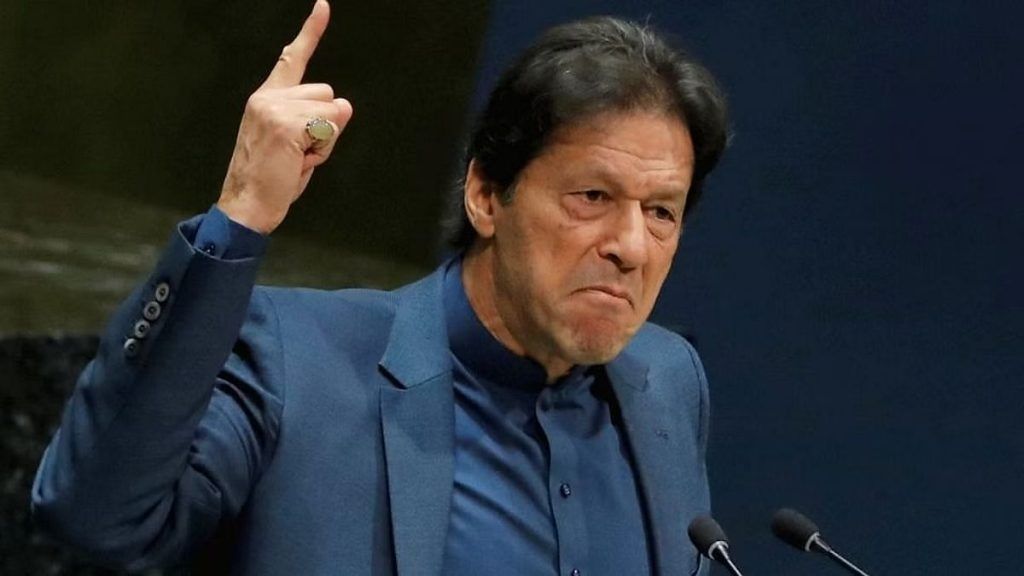
Introduction
Imran Khan, the former Prime Minister of Pakistan, was once seen as a beacon of hope for the country. However, his actions and policies have raised concerns about the potential threats he poses to the state. This article delves into the reasons why Imran Khan is perceived as a threat to Pakistan, highlighting his governance failures, questionable decisions, and the erosion of democratic values.
1. Governance Failures
Since assuming office in 2018, Imran Khan’s government has been marred by numerous governance failures. The economy has suffered, with rising inflation, unemployment, and a widening fiscal deficit. The promised reforms have been slow to materialize, and the lack of tangible progress has hindered the country’s development. Imran Khan’s inability to effectively address these challenges threatens the stability and well-being of the nation.
2. Questionable Decisions
Imran Khan’s decision-making has been subject to scrutiny and skepticism. His approach to foreign policy has been inconsistent, ranging from confrontational rhetoric towards neighboring countries to ineffective diplomacy. The abrupt shifts in stance have strained international relations, potentially isolating Pakistan in the global arena. Moreover, his controversial handling of domestic affairs, such as the appointment of unelected advisors and the undermining of institutional independence, raises concerns about democratic principles.
3. Erosion of Democratic Values
Imran Khan’s tenure has witnessed a growing erosion of democratic values and institutions. The ruling party’s alleged interference in the judicial system, media censorship, and curtailment of dissenting voices have sparked concerns about the shrinking space for freedom of expression and accountability. Imran Khan’s tendency to dismiss criticism as a conspiracy against him further undermines democratic principles and sets a dangerous precedent for the future of governance in Pakistan.
4. Polarizing Society
Instead of fostering unity and inclusivity, Imran Khan’s leadership has contributed to the polarization of Pakistani society. His divisive rhetoric, often targeting political opponents, has deepened divisions along ethnic, religious, and political lines. This fragmentation weakens the social fabric of the nation and hampers efforts to address critical issues collectively.
5. Neglecting Key Challenges
Crucial challenges such as human rights abuses, religious extremism, and socio-economic disparities have not received adequate attention under Imran Khan’s leadership. By neglecting these pressing issues, he risks exacerbating social unrest, creating fertile ground for radicalization, and undermining Pakistan’s long-term stability.
6. Disillusionment and Broken Promises:
Imran Khan’s failure to deliver on his lofty promises has left many citizens disillusioned. From combating corruption to improving governance, the gap between rhetoric and reality has widened. The public’s frustration with unmet expectations is a significant factor contributing to his declining popularity.
Conclusion
Imran Khan’s tenure as Prime Minister of Pakistan has been marked by governance failures, questionable decision-making, erosion of democratic values, and the polarization of society. These factors collectively contribute to the perception that he poses a threat to the state of Pakistan. It is essential for the citizens and institutions to critically assess his leadership, hold him accountable, and work towards safeguarding the country’s democratic ideals, stability, and progress.
Imran Khan should be brought to trial related to his devastating economic policies and miss management of the country.
Also Read: Syria in 2022 – A War Playground

Crafting words to inspire, engage and motivate. 10+ years of content writing, SEO, digital marketing and blogging experience. Ready to help your brand reach its potential!

